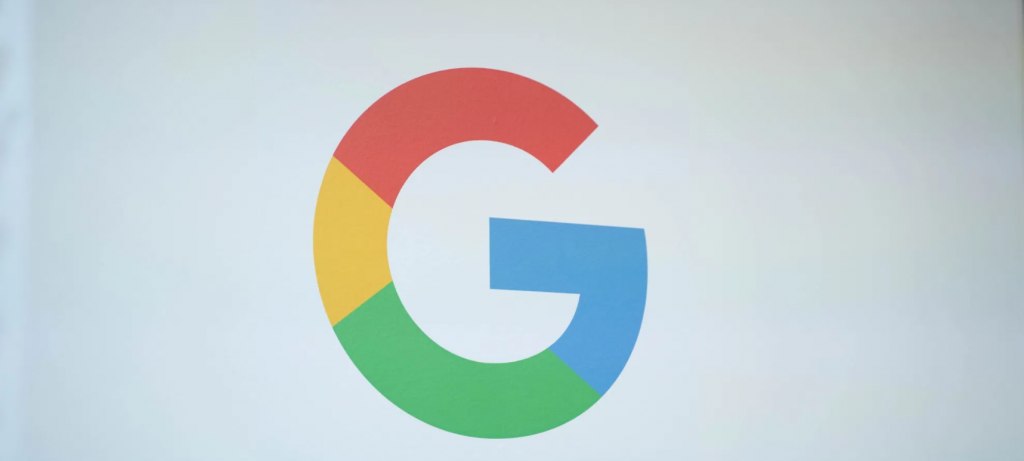
Video sharing platform Rumble is suing Google, accusing the YouTube-owner of abusing its power in the search and mobile market by promoting its own platforms.
According to the Wall Street Journal, the Canadian-based Rumble has accused Google of “unfairly rigging its search algorithm” and favoring video content hosted on YouTube over rival platforms. Rumble has become a popular video hosting platform for conservatives in the US who claim that the established tech platforms are engaging in censorship.
The decision by Rumble to sue Google comes as pressure has been placed on the tech giant over antitrust issues in recent months. This lawsuit argues it’s unfair that YouTube comes pre-installed on many mobile devices including within Google’s own Android operating system as it diverts potential traffic away from YouTube competitors.
The lawsuit states that “Google, through its search engine, was able to wrongfully divert massive traffic to YouTube, depriving Rumble of the additional traffic, users, uploads, brand awareness and revenue it would have otherwise received.”
A Google spokesperson told WSJ that they “will defend ourselves against these baseless claims.” A previous investigation by the WSJ found that Google’s own search results did often give preference to videos hosted on YouTube over those from rival platforms. This has proven to be the basis for Rumble’s decision to sue the search giant.
In response to this prior investigation, Google suggested that no preference is given to YouTube content over other platforms or providers within Search.
The bulk of Rumble’s earnings are derived from video content licensing. With Rumble claiming that syndicated videos hosted on YouTube have amassed over 9.3 billion total views since 2014, returning $4.3 million in ad revenue. Much of the basis of this lawsuit hinges on the principle that although not all views would have been counted on their dedicated platform, a portion would have, had Google not favored YouTube content over Rumble content.
The Canadian firm also made the bold claim that advertising revenue lost on potentially “missing” views would have generated “well in excess of $2 billion.”
























